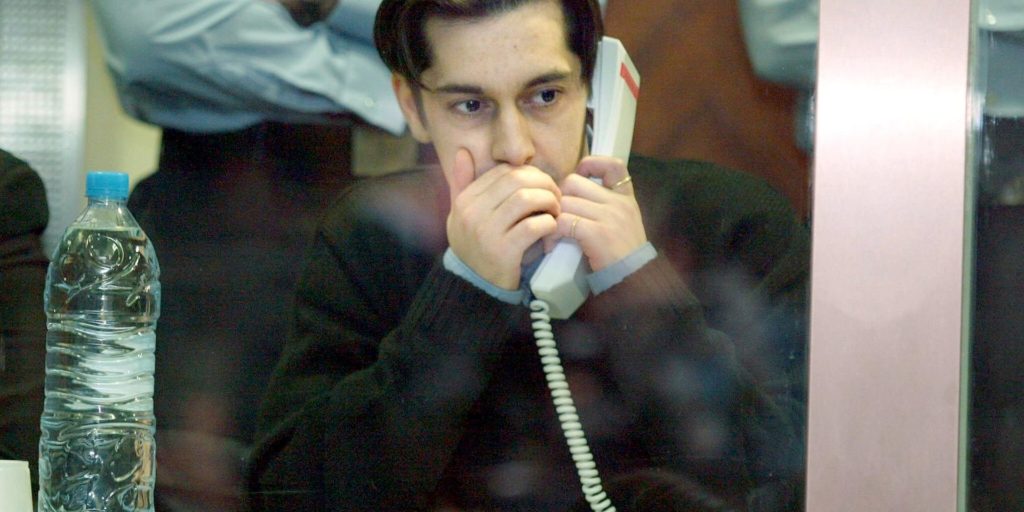Michel Lelièvre, the recently released accomplice of infamous serial paedophile Marc Dutroux, has moved out of Brussels after he was recently attacked in front of his home.
Lelièvre is reported to have left the Belgian capital to settle in the Walloon Brabant, following an attack that sent him to the hospital mere weeks after he was effectively released in December, La Dernière Heure reports.
A Brussels court granted conditional release to Lelièvre in September, after he served 23 out of his 25-year prison sentence for his involvement with Dutroux, who kidnapped and repeatedly raped and tortured six girls aged 6 to 18 in the mid-90s.
Lelièvre himself was found guilty of torturing and imprisoning four girls between 1995 and 1996, two of whom died.
Related News
- Michel Lelièvre, former accomplice of infamous Belgian paedophile Dutroux, attacked in Brussels
- Michel Lelièvre, former accomplice of infamous Belgian paedophile Dutroux, released from prison
- 'Black march' to denounce conditional release of serial child killer Dutroux's accomplice
The former henchman's attackers managed to access Lelièvre's residence on 19 December, and the public prosecutor has said that an investigation into assault has been opened.
The decision to release Lelièvre sparked outrage and protests, including from two of the surviving victim's parents, who had said the prospect of him reintegrating society was "terrible."
Lelièvre's conditional release bans him from taking up residences in a number of places in Belgium, including several Brussels municipalities, as well as in the provinces of Flemish Brabant, Liège, Hainaut, Limburg and Luxembourg.
He is thought to have settled in a small Walloon municipality, where local police said their focus remained on ensuring the safety of all residents, according to HLN.
"I don't have the resources or the staff to keep an eye on him 24 hours a day," the local police chief told La Dernière Heure. "My priority is the safety of all residences – we do what we can with what we have."
Gabriela Galindo
The Brussels Times

